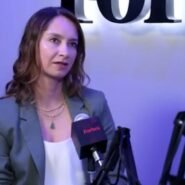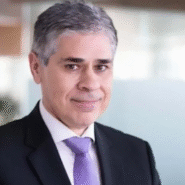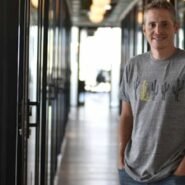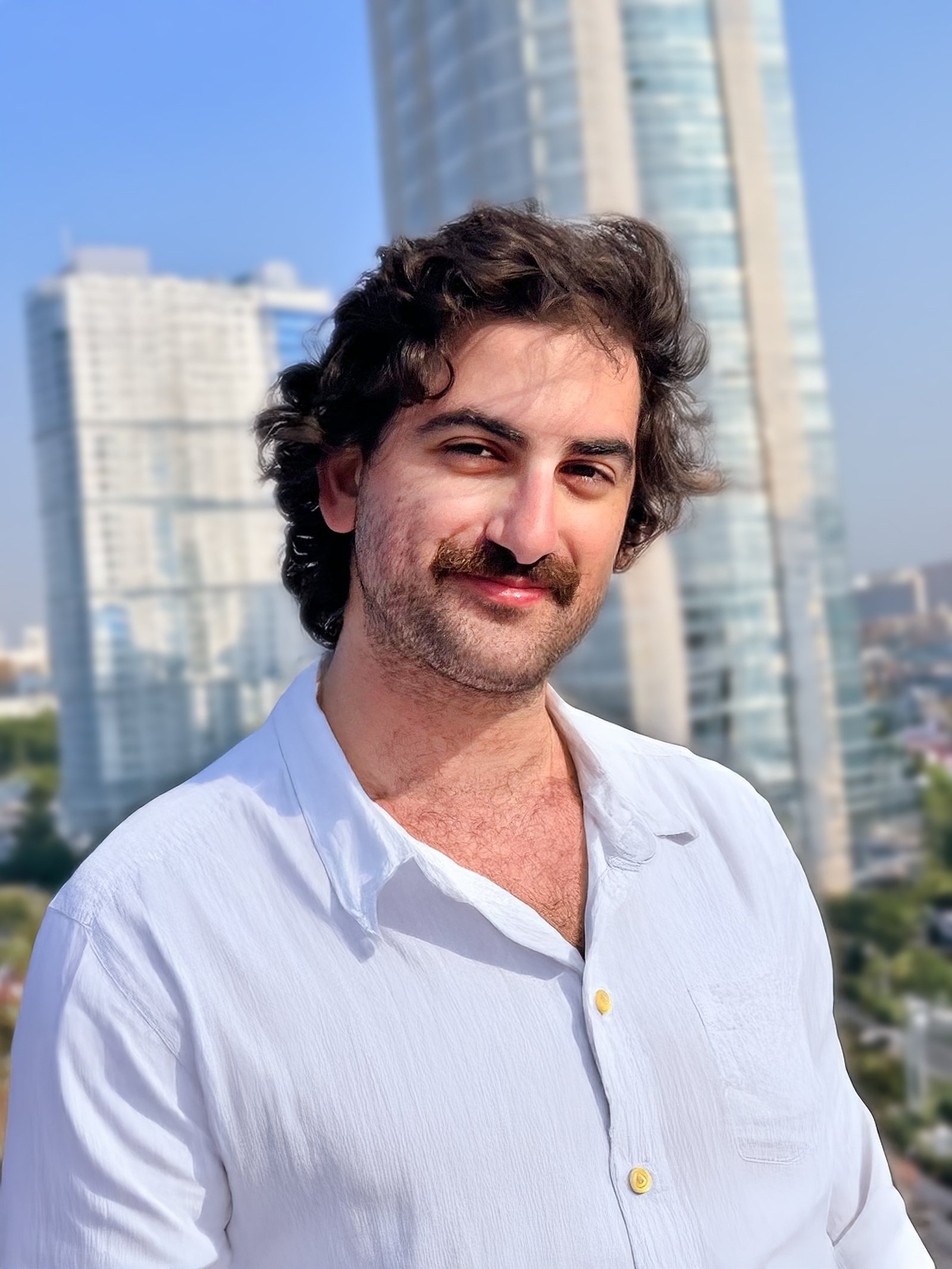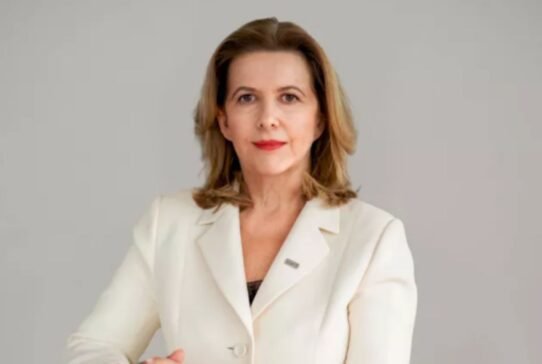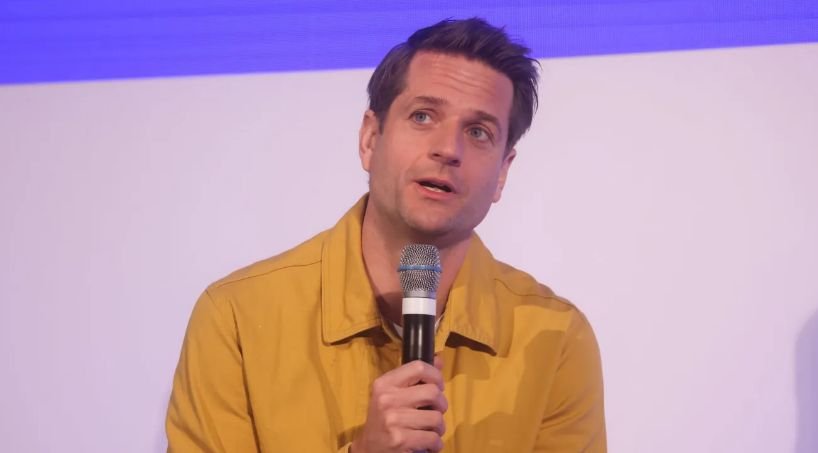Mark Leslie James Dixon, born on November 2, 1959 (65 years old) in Essex, England, is a British entrepreneur best known as the founder and CEO of International Workplace Group (IWG), also known by its original name, Regus. The company, created in Belgium and headquartered in Switzerland, is one of the world’s leading providers of flexible office spaces and coworking services.
Early years and first ventures
Restless and adventurous from a young age, Dixon left school at 16 and began traveling the world while working in a variety of jobs. He worked as a barman in France, a laborer, a miner in Australia, and even tried his hand at the food industry. Among his earliest ventures was a sandwich and burger business that expanded to seven outlets before collapsing due to logistical and supply issues. These experiences, though marked by failure, shaped Dixon’s entrepreneurial spirit and resilience.
The path to coworking innovation
When Dixon settled in Brussels, he noticed a common problem among entrepreneurs and small companies: the difficulty of accessing office spaces due to high rental costs and inflexible contracts. He frequently saw businesspeople holding meetings in cafés and realized there was a gap in the market for professional yet affordable work environments. This observation led him to found Regus in 1989, a company that offered fully serviced offices with meeting rooms, internet, and hospitality services.
The idea quickly took off. Within a decade, Dixon had become a multimillionaire, as Regus grew into a global brand. By 2000, the company went public on the London Stock Exchange, and in 2001 it expanded further through the acquisition of a franchise network.
Challenges during the dot-com crash
The early 2000s brought turbulence. When the dot-com bubble burst, many tech companies collapsed, and Regus was heavily affected due to its exposure to overvalued startups. The company entered Chapter 11 bankruptcy in the United States in 2002, forcing Dixon to sell 58% of the business to a British firm as part of restructuring efforts.
Despite this setback, Dixon managed to rebuild. Between 2003 and 2008, IWG regained momentum, partnering with airlines, banks, and global corporations. The company recovered financially and eventually expanded its reach across continents.
Expansion, resilience, and new ventures
Today, IWG operates more than 4,000 coworking centers worldwide. The COVID-19 pandemic in 2020 significantly reshaped the business, with demand shifting toward smaller cities. By 2021, nearly 900 centers were located in less populated areas, reflecting the changing nature of work.
By the end of 2024, Dixon was ranked by the Sunday Times among the UK’s 200 wealthiest individuals, with an estimated fortune close to £1 billion. He continues to own around 25% of IWG shares, maintaining strong influence over the company’s direction.
Vineyards and lifestyle in Provence
Beyond real estate and coworking, Dixon has ventured into viticulture. In Provence, southern France, he established vineyards producing more than five million bottles of wine annually, making him the region’s second-largest producer. His wine business, which he calls his “Saturday job,” also includes a luxury five-star hotel and a fine dining restaurant, further strengthening his footprint in the hospitality and lifestyle sector.
He has also expanded his winemaking interests to the UK, owning vineyards and wineries there. Dixon himself has admitted that wine is a more challenging market than office spaces, but he sees it as both a passion project and a business opportunity.
Legacy and outlook
At 65, Mark Dixon remains a dynamic figure in global business. From leaving school early and facing multiple failed ventures to building one of the world’s largest coworking empires and becoming a major wine producer, his story exemplifies perseverance and adaptability. He often states that he is “still learning,” a philosophy that continues to guide both his business ventures and personal pursuits.
Dixon’s dual success in flexible workspaces and winemaking highlights his ability to anticipate market shifts and act on unmet needs. His career demonstrates how resilience, vision, and risk-taking can transform setbacks into stepping stones toward long-term success.
